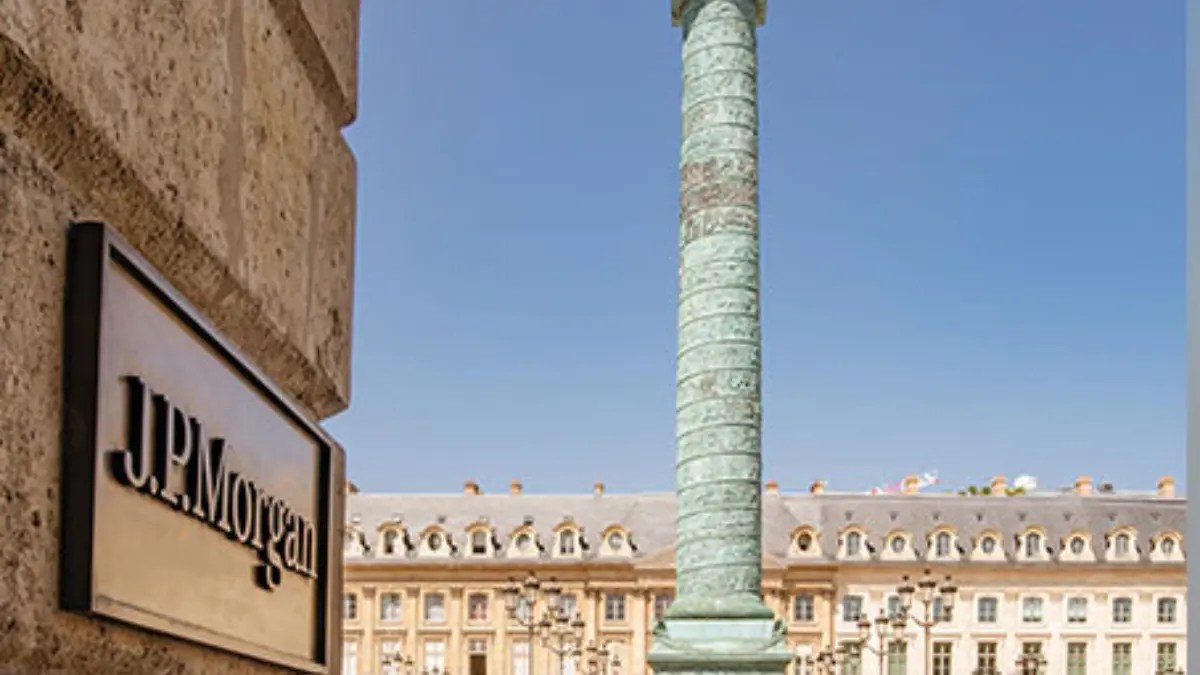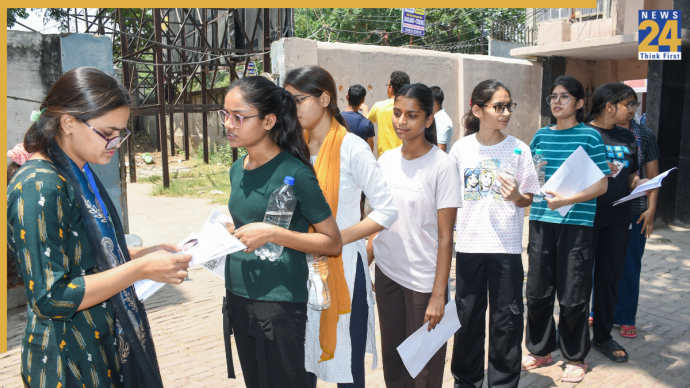JP Morgan, a leading global brokerage firm, has upgraded India to an “overweight” rating, reaffirming the country’s growing appeal to investors.
In a key move, the brokerage has included three prominent stocks, Sun Pharmaceutical Industries Ltd, Bank of Baroda, and Hindustan Unilever, in its Emerging Markets (EM) Model portfolio.
This upgrade aligns JP Morgan with other prominent global brokerages like Morgan Stanley, CLSA, and Nomura, who have also pushed India to an “overweight” status.
Several factors underpin this decision, including the positive seasonality linked to general elections, the robust growth in emerging markets’ nominal GDP, and the expansion of the domestic bond market, expected to reduce risk premiums.
JP Morgan’s upgrade is founded on both cyclical and structural considerations. On the cyclical side, it leverages near-term correlations and dips as opportunities.
Also Read: Stock Market Opens In Red Territory Amidst Bleak Conditions
Structurally, India’s compelling case is bolstered by strong nominal GDP growth, driven by demographic trends and infrastructure investment needs, competitive risk-adjusted returns compared to developed markets, and a burgeoning domestic bond market.
However, the brokerage acknowledges that emerging market equities may face challenges as US long rates rise and the dollar’s influence impacts growth and rates.
JP Morgan suggests that a sustainable bid for emerging market equities may only materialize once the US completes its cycle, which could involve a GDP recession and rate cuts.
Incorporating Sun Pharmaceutical Industries Ltd, Bank of Baroda, and Hindustan Unilever into its EM Model portfolio further reflects JP Morgan’s confidence in India’s growth potential and its commitment to seizing emerging market opportunities.
This move by JP Morgan follows other major brokerages’ endorsements of India’s growing prominence.
Morgan Stanley previously upgraded India to “overweight” due to improved economic and earnings growth, while CLSA boosted its India portfolio allocation by 20 percent, and Nomura also upgraded India to “overweight” in September, citing a strong top-down narrative and the potential benefits from the China+1 trend.
Additionally, JP Morgan has upgraded Saudi Arabia to “overweight” due to factors such as premium oil prices, uncertainty, a strong dollar, and equity market de-rating.
Conversely, it has downgraded South Korea to “neutral” due to profit-taking, higher US rates, slowing demand, and less accommodative monetary policy.
JP Morgan has plans to allocate its risk budget to overweight China, alongside Saudi Arabia and India, given China’s attractive growth momentum, low investor positioning, and favourable valuations.
Source: ANI













